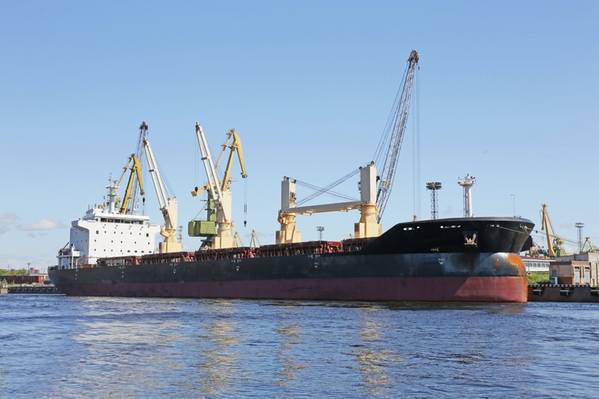
The Baltic Exchange's main sea freight index, tracking rates for ships carrying dry bulk commodities, extended losses on Thursday to a fresh two-and-a-half-year low, pressured by a dip in rates for capesize vessels.
The overall index, which factors in rates for capesize, panamax and supramax shipping vessels, was down 73 points, or about 8.4%, at 801, its lowest since June 2020.
The capesize index fell to a four-month low, losing 214 points, or about 19.3%, to 893, also marking its worst day this month.
Average daily earnings for capesizes, which typically transport 150,000-tonne cargoes such as iron ore and coal, were down $1,778 at $7,404.
"Chinese New Year holidays about to start and already affecting activity and suggesting activity will come off further next week," shipbroker Fearnleys said in a weekly report, referring to the capesize segment.
The panamax index was down 4 points at 1,071.
Average daily earnings for panamaxes, which usually carry coal or grain cargoes of about 60,000 to 70,000 tonnes, fell by $31 to $9,641.
Among smaller vessels, the supramax index which has not seen a single day of gains since mid-December, fell by 3 points to 654.
(Reuters - Reporting by Harshit Verma; Editing by Shailesh Kuber)



